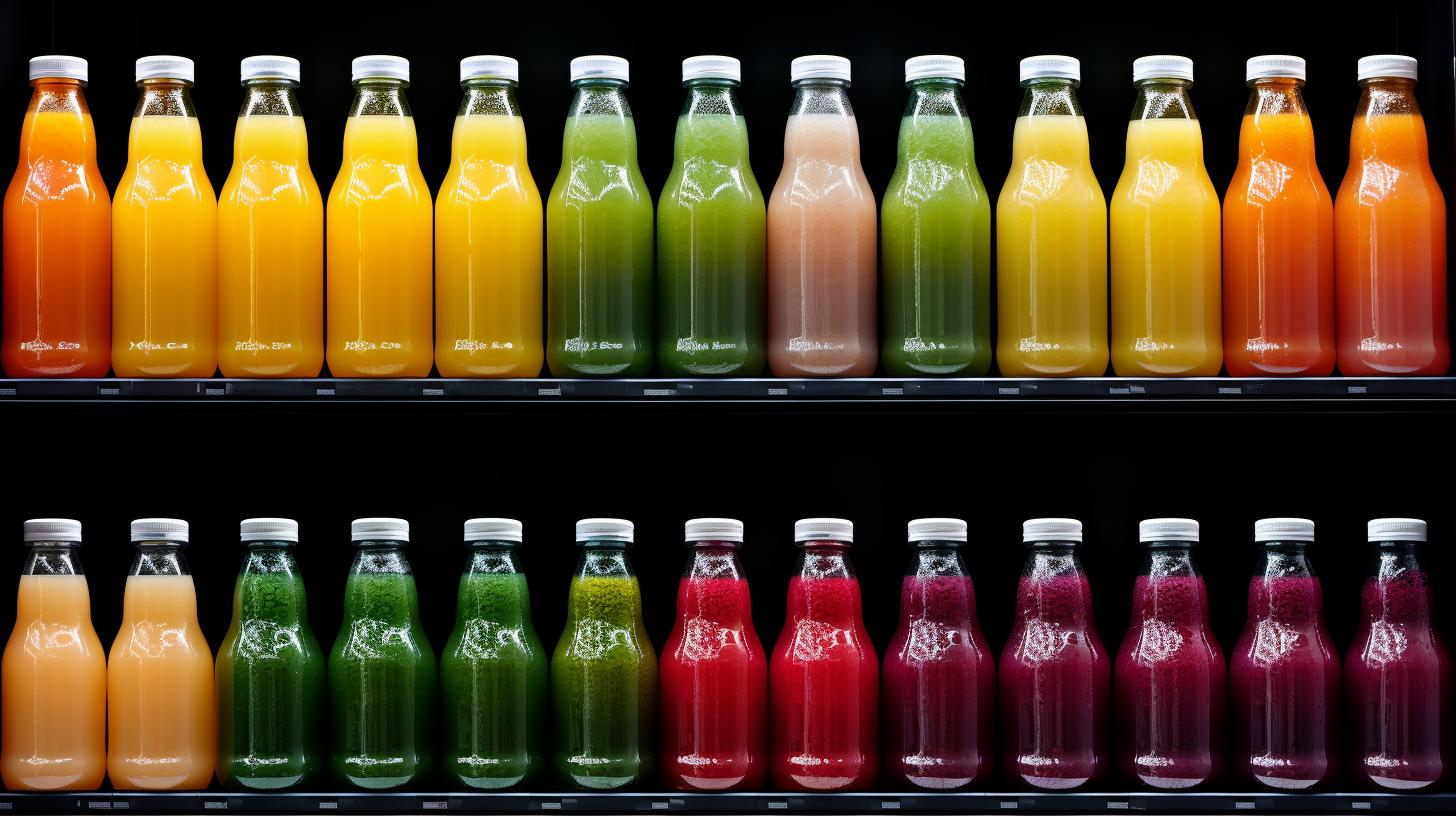I hope you’re sitting comfortably, because this revelation is about to turn your perception of juice on its head. You see, as much as we want to believe it, not all juices are created equal. Forget what you have heard; store-bought juices aren’t all as healthy and natural as their packaging would have you believe. In fact, far from being nutritional gold mines, some of these so-called “healthy” beverages are nothing more than fruit-flavored sugar bombs.
The juice industry, it seems, is awash in secrets that are not exactly public knowledge, and among the most shocking is the hidden sugar content of popular juice brands. For instance, did you know that one serving of a well-known brand’s apple juice contains a whopping 26 grams of sugar? That’s more sugar than you’ll find in a typical slice of chocolate cake!
But the surprises don’t stop there. Many store-bought juices contain harmful additives and preservatives that can negatively affect your health. From high-fructose corn syrup to artificial colouring, it’s a veritable cocktail of horrors hidden behind the alluring colors and promises of vitamins and minerals.
One notorious ingredient is fructose, a type of sugar that our bodies metabolize in a very different way than other sugars. Fructose, you see, can only be broken down by our liver. This leads to an accumulation of fat around the organ and can trigger a series of health complications, including type 2 diabetes and non-alcoholic fatty liver disease.
Another less talked about aspect is ‘reconstitution’. Juice concentrates are shipped across the globe and are later reconstituted with water at local packaging centers. This process strips the juice of significant proportions of its nutritional content. To compensate for the loss of flavor and aroma, juice companies often add ‘flavor packs’ — concoctions formulated by flavor and fragrance companies. So, the delicious orange juice you enjoy might taste natural, but could be far from it!
The nutrients found in store-bought juices can also be deceptive. While it’s true that these juices often contain vitamins and minerals, the nutritional profile is not the same as that of whole fruit. The juicing process removes the fruit’s fiber, which is essential for a healthy digestive system. Furthermore, vital nutrients that reside in the fruit’s skin, like antioxidants in apples, are lost in the juicing process.
So, what can you do to enjoy the health benefits of juice without the harmful side effects?
Firstly, consider making your own juice. By making juice at home with a blender or juicer, you can control exactly what goes into it. You’ll be able to avoid added sugars, preservatives, and any other nasties. Plus, freshly made juice is packed with vitamins and minerals that can boost your health.
Secondly, when you can’t avoid store-bought juice, read the labels carefully. Some juice brands are better than others. Look for products that state they are 100% pure juice with no added sugars. Keep in mind however, even these juices can be high in natural sugars, so it’s essential to enjoy them in moderation.
Lastly, remember that nothing can replace the value of eating whole fruits. While drinking juice can contribute to a healthy diet, it should be a supplement to your daily fruit intake, not a replacement.
The truth about store-bought juices may be shocking, but it’s not all doom and gloom. With a bit of knowledge and effort, you can navigate the grocery store aisles confidently, making choices that can contribute to your health, rather than detract from it. And while you’re at it, why not spread the word and help expose the sometimes bitter truth behind our favorite sweet beverages?



